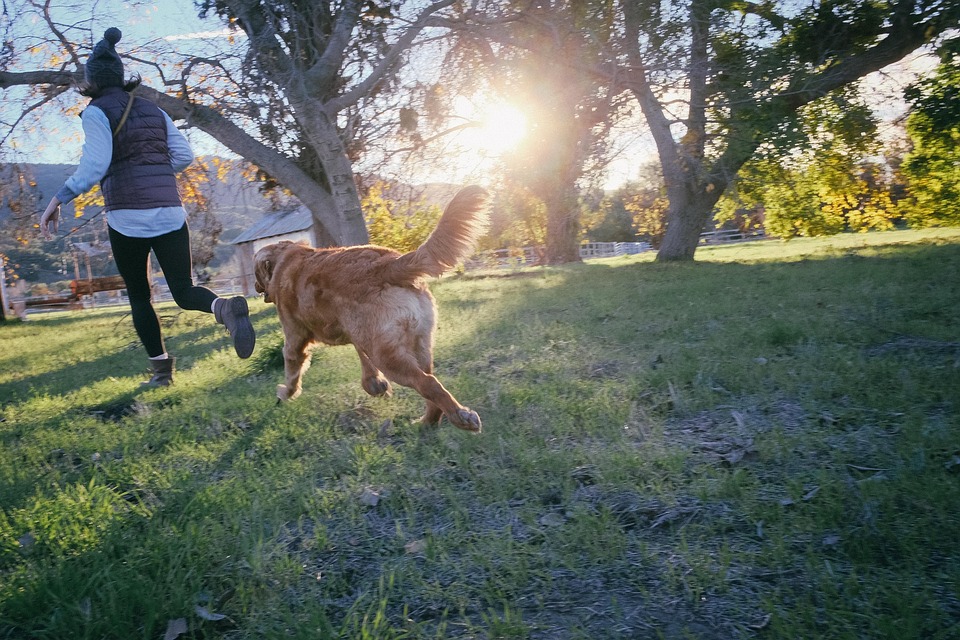Introduction:
The Significance of Vaccinations for Dogs
Vaccinations play a vital role in maintaining your dog’s health and well-being. They are designed to protect your furry friend from various viral and bacterial infections that can seriously harm or even be fatal to them. By understanding the importance of vaccinations, you can ensure that your dog remains healthy and happy throughout their life.
Understanding the Role of Vaccinations in Preventing Diseases
Vaccinations work by stimulating your dog’s immune system to produce antibodies against specific diseases. These antibodies help fight off infections and prevent your dog from falling ill. Vaccines contain either weakened or killed forms of the disease-causing pathogens, allowing your dog’s immune system to recognize and respond to them without actually causing the disease.
Why Vaccinations Matter:
Protecting Your Dog against Viral and Bacterial Infections
Vaccinations protect your dog against a range of viral and bacterial infections that can be life-threatening. Diseases like distemper, parvovirus, and hepatitis can cause severe illness in dogs and can be easily prevented through proper vaccination.
Preventing the Spread of Contagious Diseases
Vaccinations not only protect your dog but also prevent the spread of contagious diseases to other animals. By ensuring that your dog is properly vaccinated, you are contributing to the overall health and well-being of the canine community.
Building Immunity and Strengthening Your Dog’s Health
Vaccinations help build your dog’s immunity to specific diseases, making them less susceptible to infections. By boosting their immune system, vaccinations can improve your dog’s overall health and increase their ability to fight off future illnesses.
Reducing the Risk of Life-threatening Illnesses
Many diseases that can be prevented through vaccinations, such as rabies, can be fatal to dogs. By ensuring that your dog is up to date on their vaccinations, you are significantly reducing their risk of contracting these life-threatening illnesses.
Contributing to Public Health and Community Well-being
Vaccinations not only protect individual dogs but also contribute to public health and community well-being. By vaccinating your dog, you are helping to control the spread of diseases that can potentially affect humans as well.
Common Vaccines for Dogs:
Core Vaccines: Distemper, Parvovirus, Hepatitis, and Rabies
Core vaccines are considered essential for all dogs due to the severity of the diseases they protect against. These include distemper, parvovirus, hepatitis, and rabies. These vaccines are typically administered in a series of shots during a dog’s early life and require regular boosters to maintain immunity.
Non-core Vaccines: Bordetella, Leptospirosis, Lyme Disease, and Canine Influenza
Non-core vaccines are recommended based on a dog’s lifestyle, exposure risks, and geographical location. These vaccines protect against diseases such as bordetella (kennel cough), leptospirosis, Lyme disease, and canine influenza.
The Ideal Vaccination Schedule:
Puppies: Initial Vaccinations and Boosters
Puppies should receive a series of vaccinations starting at around six to eight weeks of age. These initial vaccinations are necessary to protect them from common diseases. Boosters are then given at specific intervals to ensure continued immunity.
Adult Dogs: Booster Shots and Titers
Adult dogs require booster shots to maintain immunity against diseases. The frequency of these boosters varies depending on the vaccine and your dog’s lifestyle. Additionally, some veterinarians may recommend titers, blood tests that measure antibody levels, to determine if a booster is necessary.
Vaccination Frequency and Duration
Vaccination frequency and duration depend on various factors such as the vaccine type, your dog’s age, and their individual health status. Your veterinarian can guide you on the appropriate vaccination schedule for your dog.
Working with a Veterinarian to Determine the Best Schedule for Your Dog
It is essential to work with a veterinarian to determine the best vaccination schedule for your dog. They will consider your dog’s lifestyle, risk factors, and local regulations to create a personalized vaccination plan that meets their specific needs.
FAQs:
Q1: Are vaccinations mandatory for all dogs?
A1: While some vaccines are mandatory by law, such as the rabies vaccine, others may depend on your dog’s lifestyle, exposure risks, and local regulations. Consult with your veterinarian to determine which vaccines are necessary for your dog.
Q2: Are vaccinations safe for my dog?
A2: Vaccines have been extensively tested to ensure safety. However, like any medical intervention, they may carry minimal risks. Serious adverse reactions are rare. Always discuss any concerns with your veterinarian.
Q3: Can my dog have an allergic reaction to vaccinations?
A3: Allergic reactions to vaccines are possible but extremely uncommon. Your veterinarian will closely monitor your dog for any signs of adverse reactions and can provide appropriate treatment if needed.
Q4: Are there any side effects after vaccination?
A4: Most dogs experience no side effects, but some may exhibit mild reactions such as temporary lethargy or soreness at the injection site. These reactions typically resolve within a day or two.
Q5: Can my dog skip vaccinations if they are kept indoors?
A5: Even if your dog spends the majority of their time indoors, vaccinations are still crucial. They help protect your dog from potential exposure to diseases brought in by visitors, other animals, or even through accidental escapes.
Conclusion:
Prioritizing Your Dog’s Health through Vaccinations
Vaccinations are an essential part of responsible pet ownership. By ensuring that your dog is properly vaccinated, you are taking a proactive step to protect their health and well-being.
Consult with Your Veterinarian for a Personalized Vaccination Schedule
Each dog is unique, and their vaccination needs may vary. Consulting with your veterinarian is crucial in determining the best vaccination schedule for your dog based on their individual circumstances.
Protecting Your Dog and Contributing to a Safer Canine Community
By vaccinating your dog, you are not only protecting them but also contributing to a safer and healthier canine community. Vaccinations play a vital role in preventing the spread of diseases and ensuring the well-being of all dogs.









